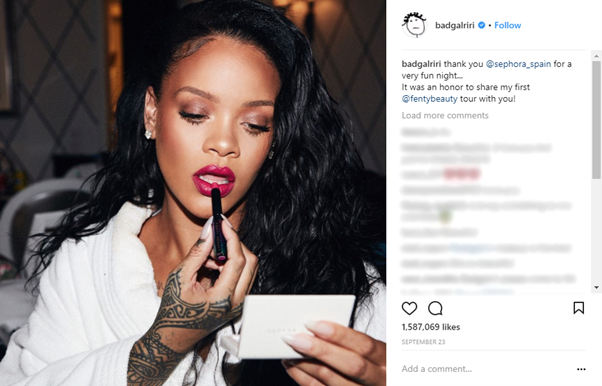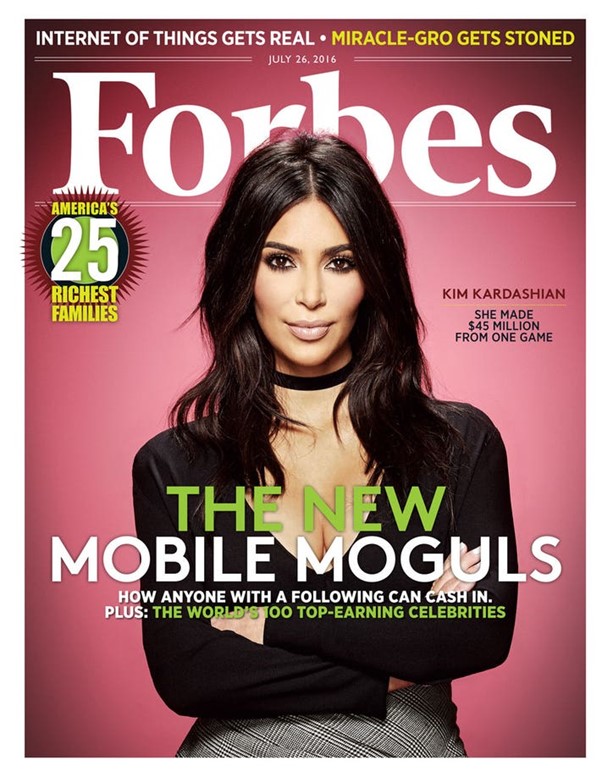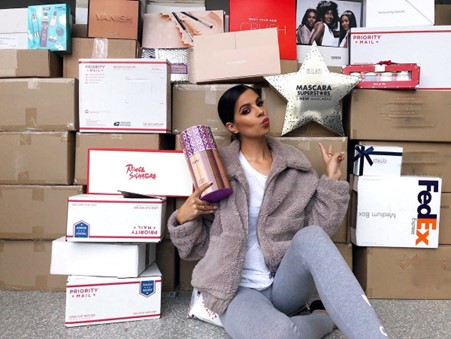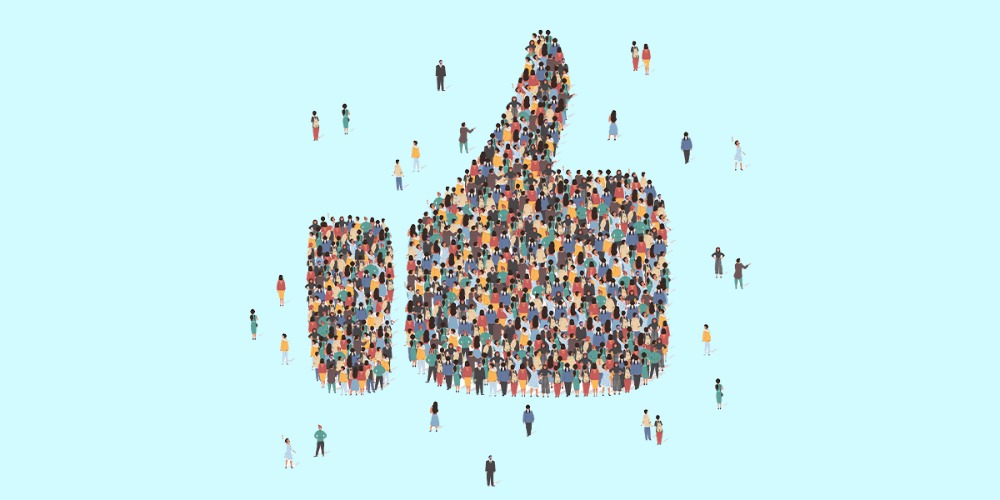Force Multiplier:\fo(e)rs\məl- tə -plĪ(ə)r n: A tool that dramatically amplifies your effectiveness.
Originally coined in the military, force multiplier refers to the use of technology or skills that make effort more effective. Nothing could be truer than adding celebrity star power to a consumer brand.
The obvious force multiplier with celebrities is awareness – as getting products into the hands of consumers is often the hardest part of running and scaling a startup. However, you would just be scratching the surface of how celebrities can power a brand.
Sandbox Studios’ Top 5 Force Multipliers
We’ve identified the top 5 ways in which celebrities can serve as force multipliers for startups. They have a profound impact on the bottom line, which in return has a profound impact on the valuation – especially in challenging economic environments like we are currently in.
1. Brand Awareness
In January 2024, the average CPM (cost per 1,000 views) on Instagram across all sectors was $8.85. For the avoidance of doubt, this means that if you plan to run an ad for your brand on Instagram, it will cost you $8.85 to have 1,000 people see that one ad. Whether they click through is based on frequency and targeting, but on an awareness basis alone, this is where celebrities add tangible value.
Assuming you can secure a celebrity who has 1 million followers on Instagram, your immediate value-add to the business is $8,850 per post. Then assume you’ll post once a week for a year to launch the business – as a founder (or investor), you are saving $460,200 in media spend annually.
To drive home the point, this is at the conservative level because when you look to run influencer marketing campaigns the CPM is often higher than the average due to a more curated demographic and the added credibility you receive as part of your partnership. This also doesn’t take into account the additional costs you have when hiring agencies or internal people to run these campaigns.
Furthermore, when you have a celebrity co-founder, they are also likely going to post much more than once a week. However, at its basics, this illustration provides some raw data points to consider when looking at how celebrities add value to startups.
Just to run the numbers in your head, AbsorbCo’s co-founders have a combined 68 million followers online…

2. Future Proof
In January 2020, the average CPM on Instagram was $6.77. This illustrates a 31% growth in 4 years. Based on our original campaign (1m followers, 1 post per week), that is an increased cost of $108,160 annually.
It is clear that Meta (Facebook & Instagram) is not going anywhere any time soon:
- Facebook has more than 3 billion monthly active users with daily users increasing 5% annually
- By 2027, Facebook will reach 75% of the world’s population
- 30% of U.S. adults regularly get news from Facebook
- More than a billion people connect with businesses on Facebook each week
- More than half of users take action after seeing a brand’s story
- Facebook revenues will hit $170bn in 2024 (up 12% from 2023)
Based on the underlying business proposition of Meta, one can only assume the CPM will continue to increase – creating more pressure on startups to build awareness against increasing costs of marketing.
The only solution here is partnering with celebrities to arbitrage their reach. This not only helps today but is becoming the only real solution startups can tap into with rising media costs across all relevant platforms.
3. Get on Shelves
Retailers don’t just love celebrity brands, they need them. Just look at this recent press release from Target specifically mentioning which celeb-founded brands they carry.
Online shopping was always going to erode retailer footfall (and by proxy sales); however, post-Covid has seen a real decline of getting customers to shop in store. Sadly eCommerce has yet to figure out how to make POS (point of sale) work well online, and so increasing basket value is a lot more challenging. It is easier, and more profitable, to get customers to come into the store, experience their offering, and upsell them in every way possible. With traffic declining by 8.1% since 2019, retailers are grasping at straws.
One of those straws is celebrity brands.
From beauty to furniture, celebrity brands help drive customers through the doors. This is typically further supported by the brand and the celebrity co-founder through Meet and Greets and signings instore.
Many retailers such as Sephora won’t even consider putting you on shelves without significant traction in the market (ie $10m+ in revenues) unless you have a celebrity attached to the brand.

And while footfall traffic is the name of the game for retailers, awareness is critical for startup brands – and securing shelf space can make or break a new brand.
4. Launch with a Bang
If you can come out of the gate with strong sales, it sets the rest of the business up for greater success. It is a real data point for investors and lays the foundation to build your brand on. When you have a celebrity, you can use them to generate significantly more free PR than a brand without one.
The reason is the same for retailers, publications and content platforms are all about the clicks – utilizing a celebrity face, name and quote helps publications achieve this and drives traffic to their site. Which is why you always hear about a celebrity brand launching because the media want to talk about it.

5. Friends with Benefits
Celebrities tend to hang out with other celebrities, which means your cost of gifting (giving the product away) goes down to zero as opposed to hiring an agency $2.5-$5k/month. This is a savings of $60k/year on the high end, but also makes the content resonate better (than just sending strangers random products they didn’t ask for).
Friends like to support other friend’s endeavors so more often than not, gifting in this way provides better content and a higher likelihood that the celebrity friend in question will post about it, and rave about it, to all their millions of followers.
Although this supports awareness, what the benefit of other celebrities reposting provides the brand is more credibility – not just eyeballs. In an era where only 4% trust advertisements, nothing is more important.


